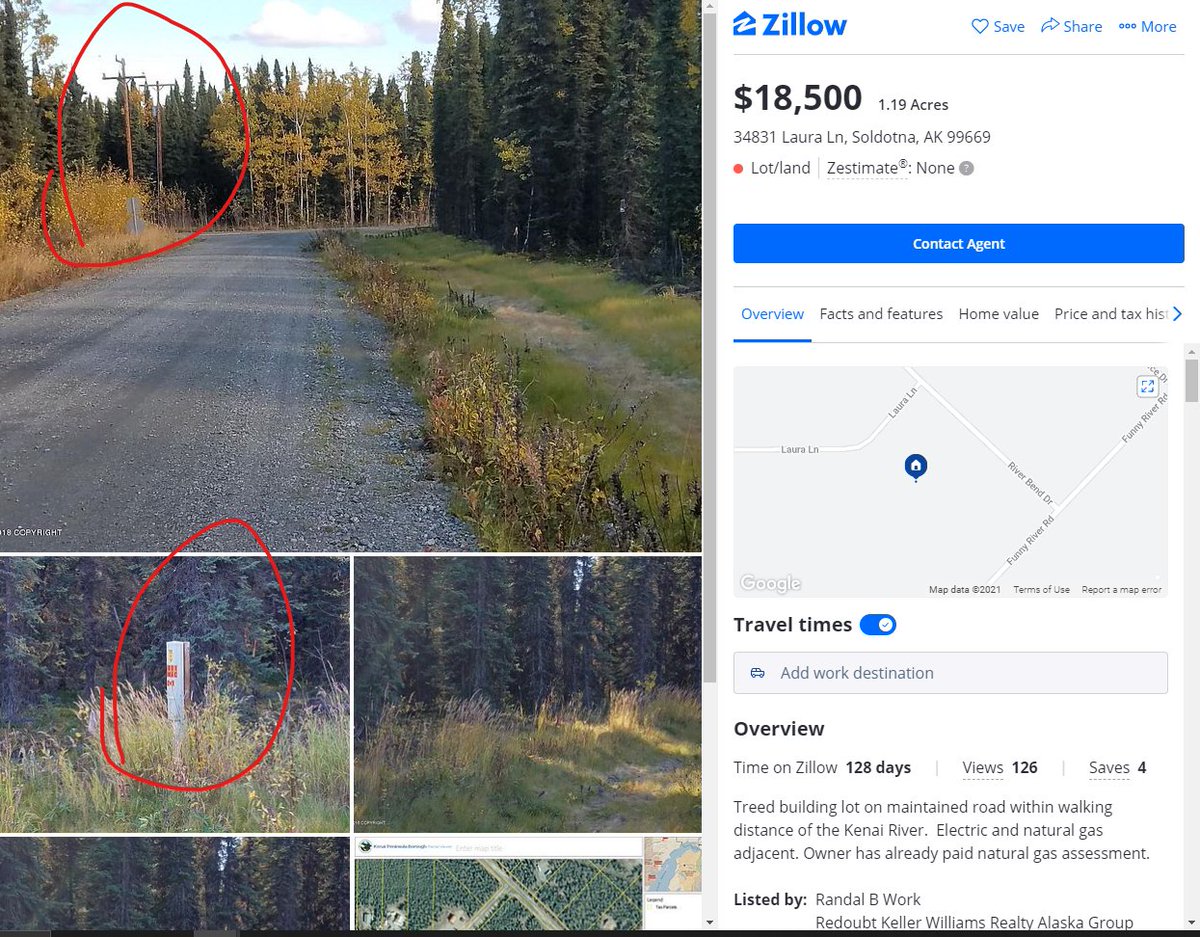It works well with highly motivated Sixth Formers.
They are mature and ambitious enough to make use of the teacher’s knowledge to further their own ambitions.
But even at Sixth Form it cannot work with kids who need teacher to do what teachers normally do! 2/10
What do teachers do in classrooms?
They don’t just lecture! Not if they are good teachers.
They constantly pepper questions to check for understanding.
They test knowledge retention to judge whether something needs reteaching.
This cannot be done on Zoom. 3/10
Why can’t it be done on Zoom?
Kids have answers in front of them. So teacher can’t test.
With a challenging intake, audio from kids undermines teacher’s authority and allows one child to derail entire lesson.
Kids turn off video and then disappear- not hearing a word! 4/10
Why do we think it can be done on Zoom?
1. We mistakenly think kids are like adults and can lead their own learning & behaviour. They can’t.
2. We imagine parents are able to support at home. Many cannot, won’t, do not know how
3. We want to believe there is a solution. 5/10
Why does government love Zoom lessons?
1. They aren’t teachers.
2. They want to feel they have done something.
3. Andrew Adonis campaigned for Zoom lessons
4. They don’t have the experience of using zoom and then when you see the kids next, realise they have learned little 6/10
Are we helping the poor by spending millions on laptops?
1. Not if Zoom is being used. If Google Classroom, yes they can access the work set.
2. BUT, laptops also give access to Instagram/Snapchat
3. Kids spend 15+ hours on SM a day
4. Internet use needs supervision! 7/10
Why are we all pretending about efficacy of Zoom?
1. Government say bad teachers/schools if you don’t use Zoom
2. Schools pretend to use it or stay quiet about not using it
3. We all want to believe there is a solution
4. Tech is a red herring in pursuit of learning 8/10
What should we do?
1. Set work on Google classroom
2. Hold kids to account by having teachers ring home at least once a week
3. Only do Zoom for Sixth Form, possibly year 11, depending on intake
4. If selective intake, parental support, then can zoom with all.
5. Be honest 9/10
Am I bonkers?
I just like telling the truth and am happy to take the hit for doing so.
I am tired of the lie that online learning works. It doesn’t.
It is high time we admitted it.
Be brave!
Be honest!
Speak truth to power!
And set yourselves free!✊🏾
10/10
